Source: The Swedish International Development Cooperation Agency
Since 2014, a civil war has been on-going in Yemen. The civil war involves several countries in the region, and is severely affecting the population. The humanitarian crisis in the country is considered the world’s largest, with more than 20 million people in need of humanitarian aid.
More than 20 million people, two thirds of Yemen’s population, need humanitarian aid. More than half of them are children.
The conflict in Yemen has claimed more than 230,000 lives since 2014, according to the UN. In 2020, the war escalated and forced 172,000 people to leave their homes, which means 4 million people since the conflict erupted. They became internally displaced people forced to live in temporary camps, schools or in private housing.
Food shortages and malnutrition are the main reasons why Yemen need aid. The crisis has worsened by the global shutdown due to covid-19. The situation is expected to worsen further in 2021. It is estimated that 16.2 million people will go hungry this year.
Disease outbreaks, natural disasters, economic crises and a lack of access to fuel aggravate the already serious situation. The Covid-19 pandemic has further increased the needs. Food shortages and malnutrition are at alarming levels in Yemen and this is where the greatest needs are. Access to basic community services remains limited.
Sweden´s humanitarian support to the civilian population in Yemen
Sweden´s humanitarian support to Yemen has grown the last decade and now amounts to nearly SEK 2 billion 2011 – 2020.
The deteriorating security situation in Yemen has made it even more difficult for Sida and organizations to engage in humanitarian work in the country.
Humanitarian fund for urgent needs
Yemen Humanitarian Fund (YHF, UN OCHA) supports many sectors and local civil society organizations. Support goes to initiatives dealing with urgent needs in a number of different areas of the community.
Cash response during covid-19
The IRC has led a timely life-saving cash response by adapting and scaling up pre-existing programming. The team tested to deliver the money directly to people´s mobile phones for enhanced support and a greater client reach.
Protecting women and girls
The IRC also runs community centers focusing on internally displaced people and particularly affected households. A goal is to engage minority groups and people with disabilities in meaningful activities, and to create better living conditions for marginalized groups.
Nutrition and vaccines for children
The UN’s children’s fund Unicef works, among other things, to provide children and mothers with nutritious food. The support includes increasing access to clean water and basic sanitation, as well as education. Unicef also plays a key role in providing the population with vaccines, such as polio vaccines.
Preventing child marriage and child labour
Save the Children Sweden has been working in Yemen for a long time with a large network of local partner organizations. The support goes to temporary education initiatives and to prevent child- and forced marriage, child labor and forced recruitment of child soldiers. Save the Children´s work met difficulties in 2020.
Portects civilian population
The International Committee of the Red Cross (ICRC) has a special mandate in protection conducting work for the Protection of the Civilian Population. They are advocating bilaterally for the respect of the civilians affected by the conflict.
Schools are being refurbished and built
The Norwegian Refugee Council (NRC) has contributed to building schools and to expanding and renovating damaged school buildings so that more children can go to school. This has resulted in more classrooms, access to clean water, and separate toilets for girls and boys.
Toilets and clean water
Over 20 million people are affected by the poor water and sanitation facilities in Yemen. Inadequate access to such facilities compound the spread of water-borne and communicable diseases. This negatively affects young children and infants. The Norwegian Refugee Council (NRC) is one of many organisations working to increase the access to clean water, toilets and sanity.
Creating opportunities for people to make a living
The added value of Islamic Relief is its high presence on the ground and the relatively good access within the country. Islamic Relief distributes food to 2.2 million families every month. They have also equipped 21 hospitals and clinics that treat injured, sick and malnourished people.
Another focus area is to support children through, among other things, psychosocial support activities. In 2021, Islamic Relief plans to expand its assistance to hard-to-reach areas in Hodeidah (western part) and Lahj (southern part).

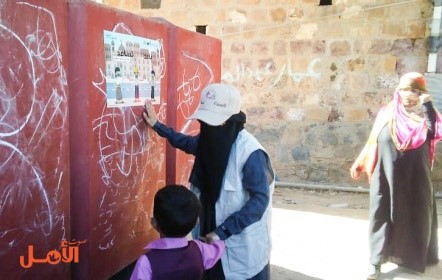
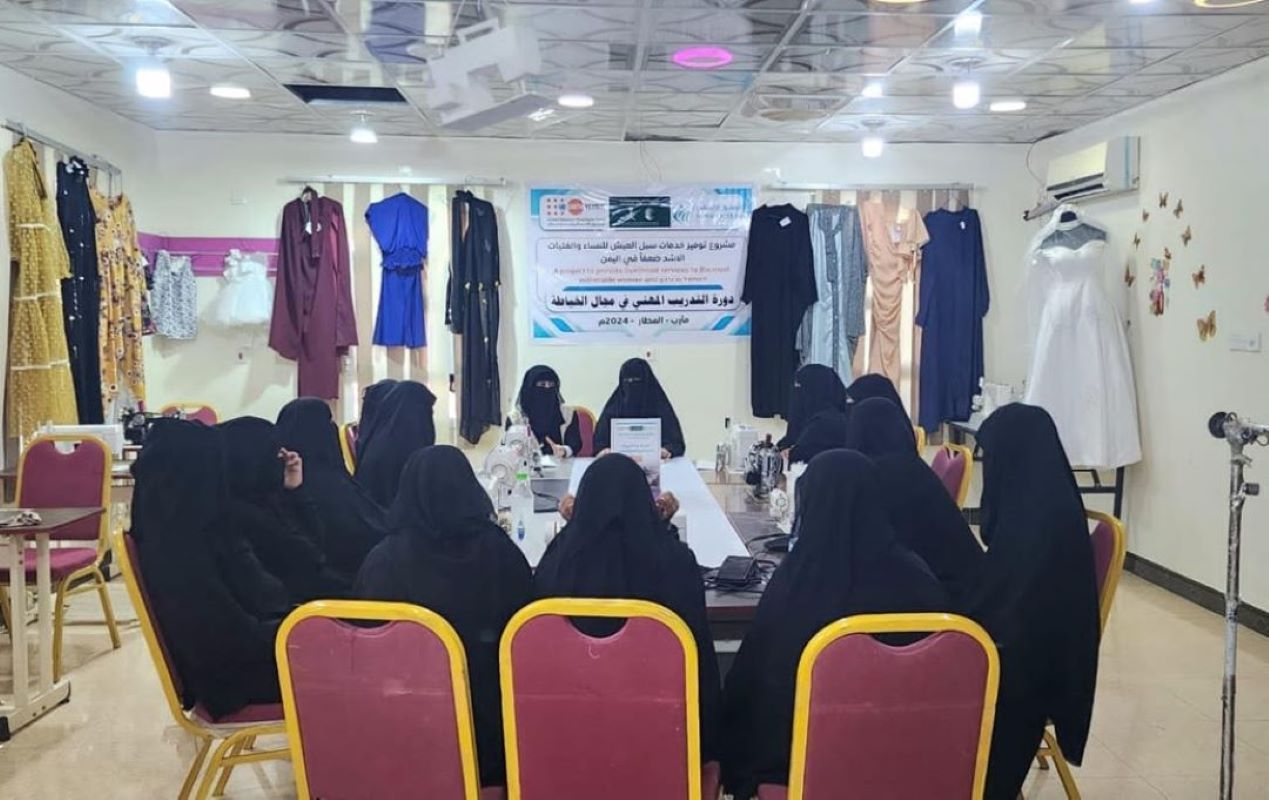
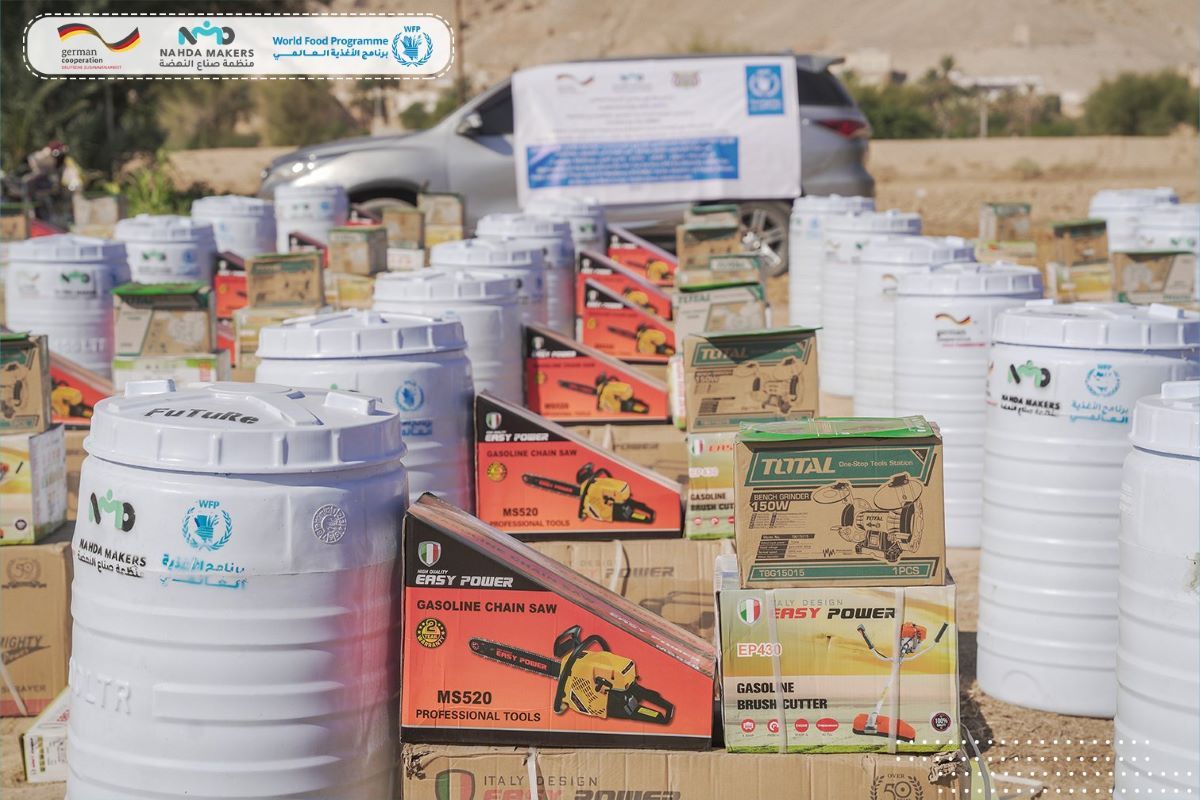
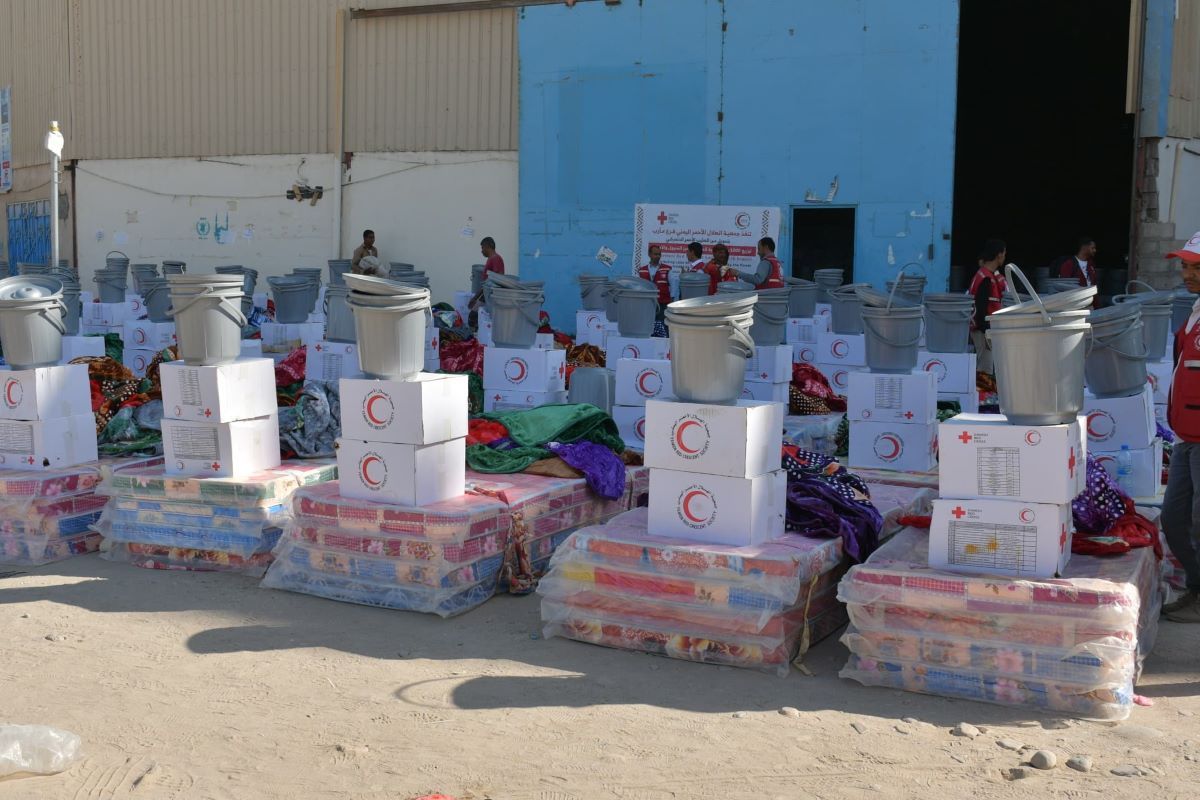
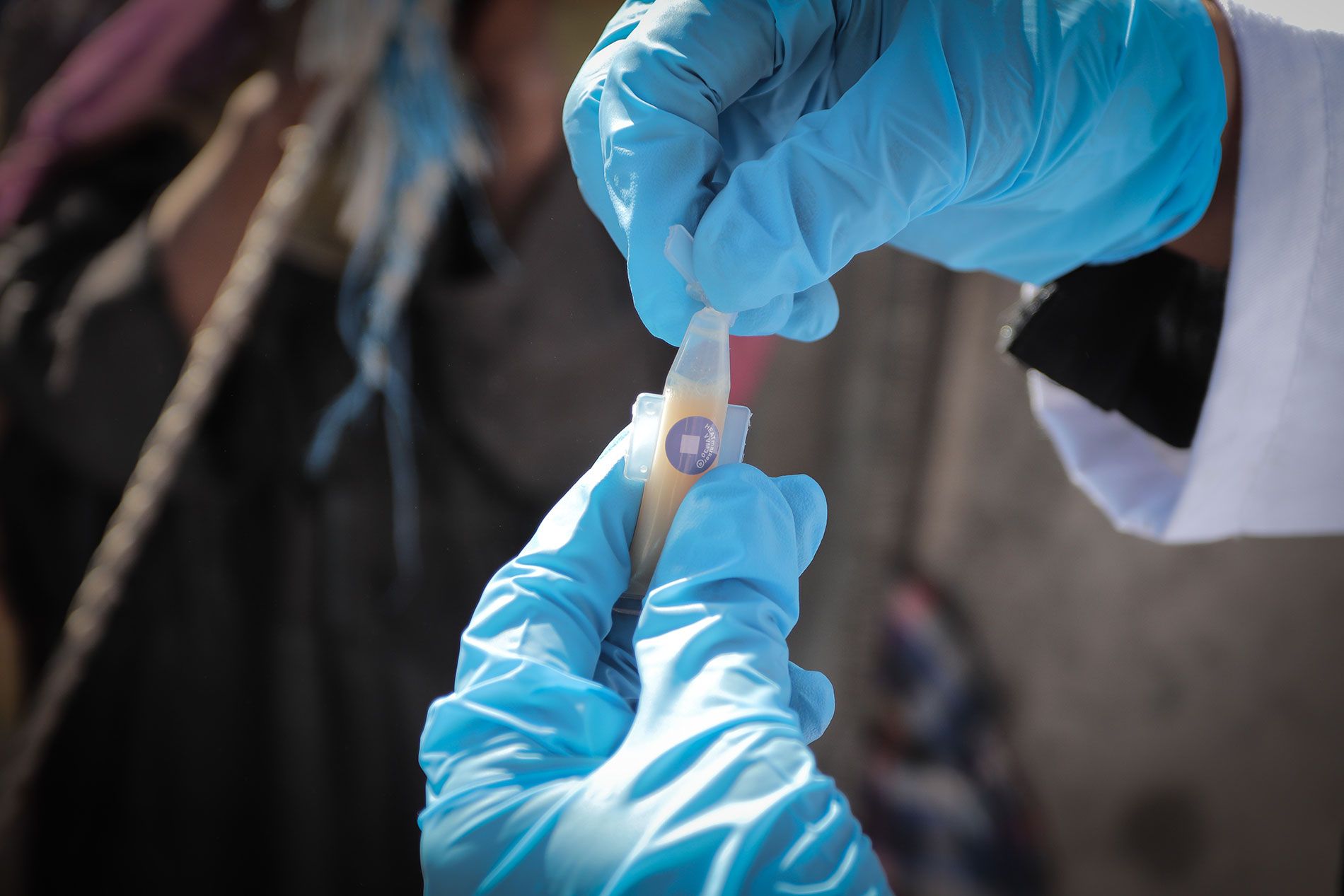
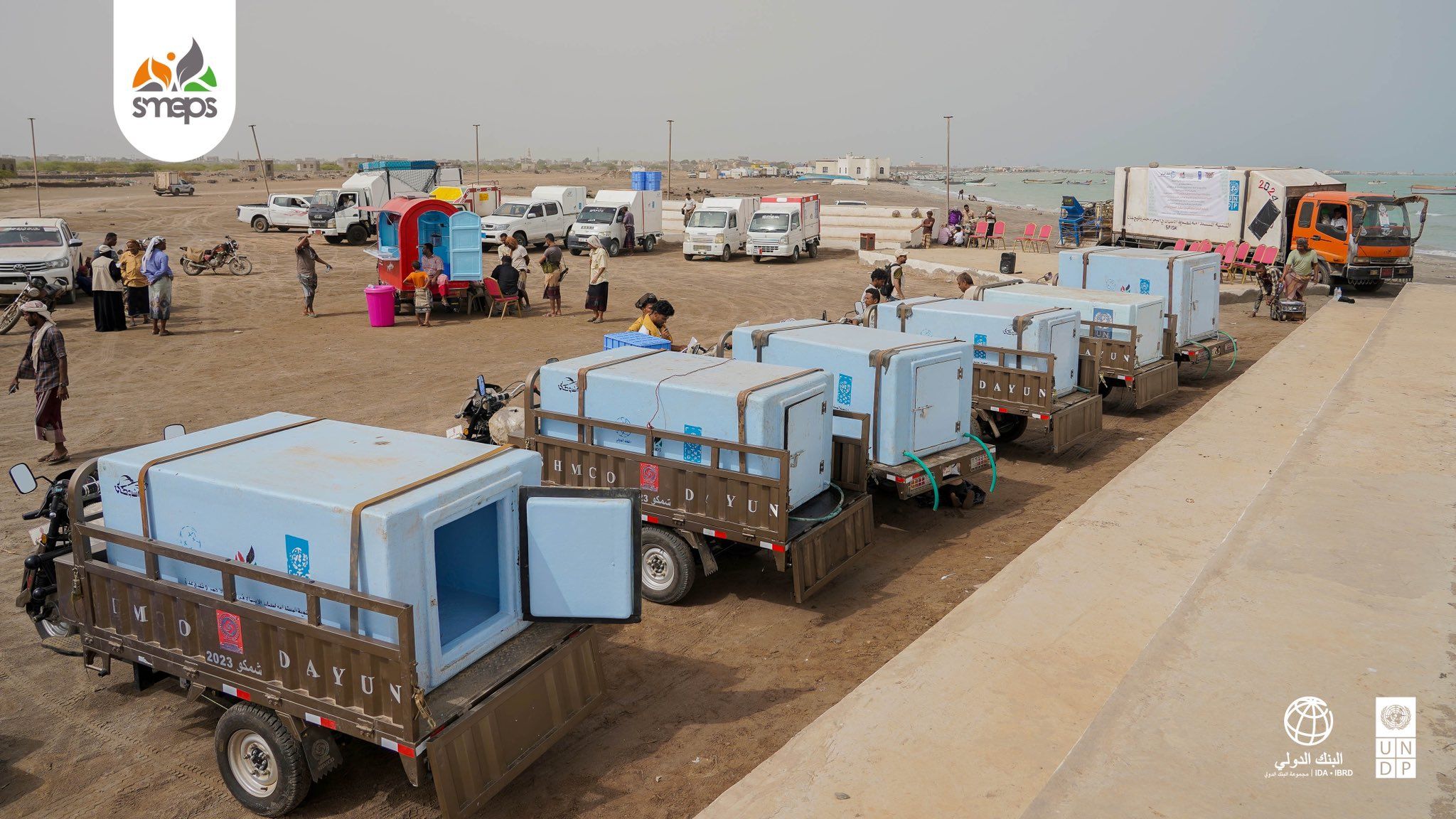
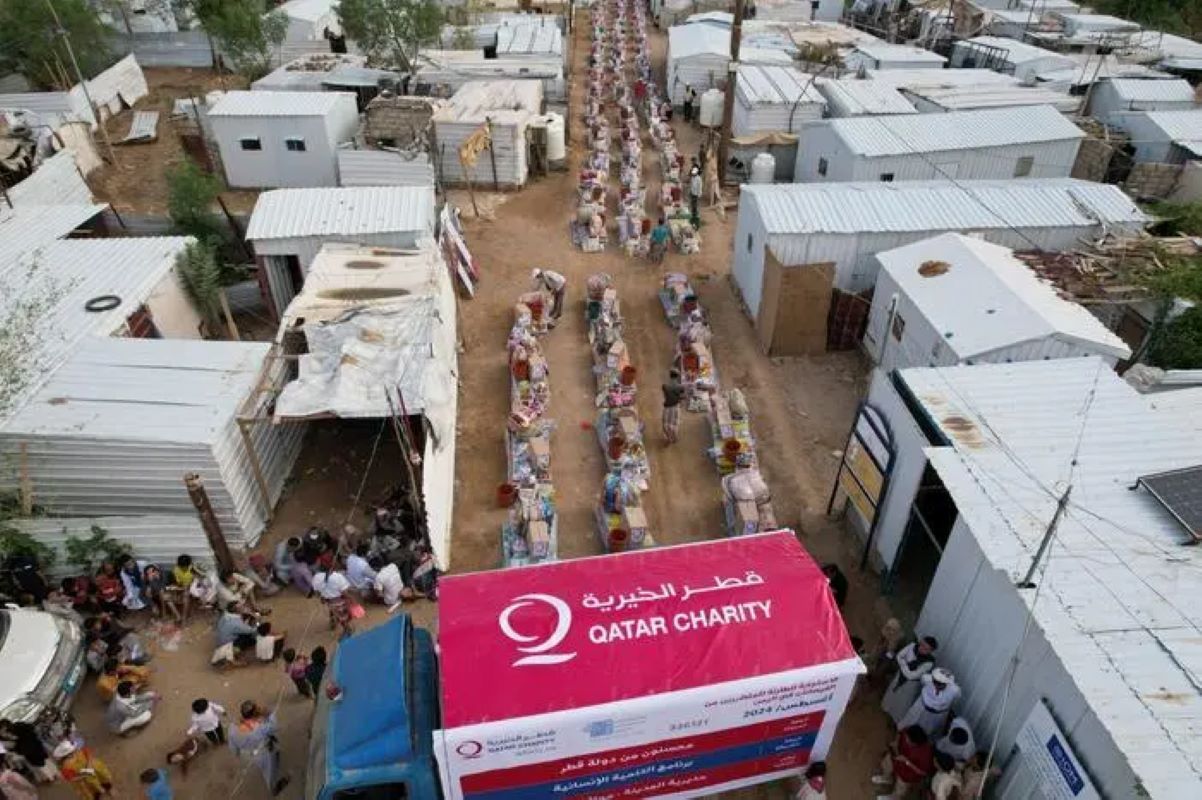
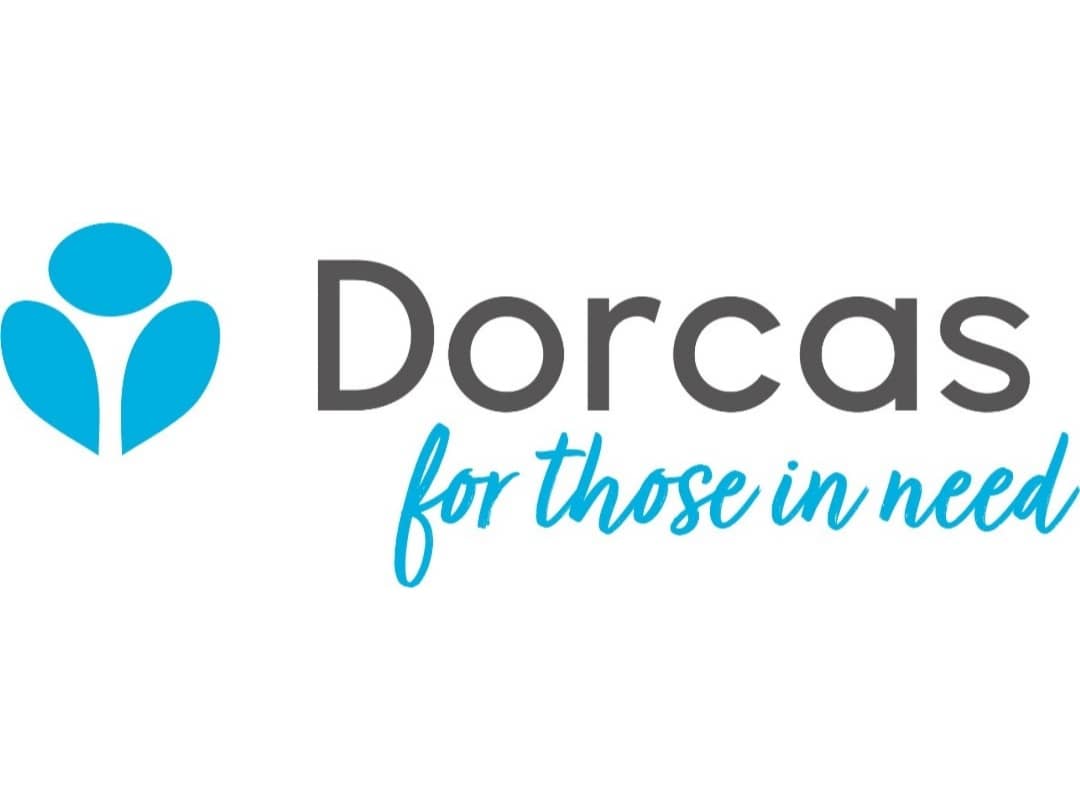
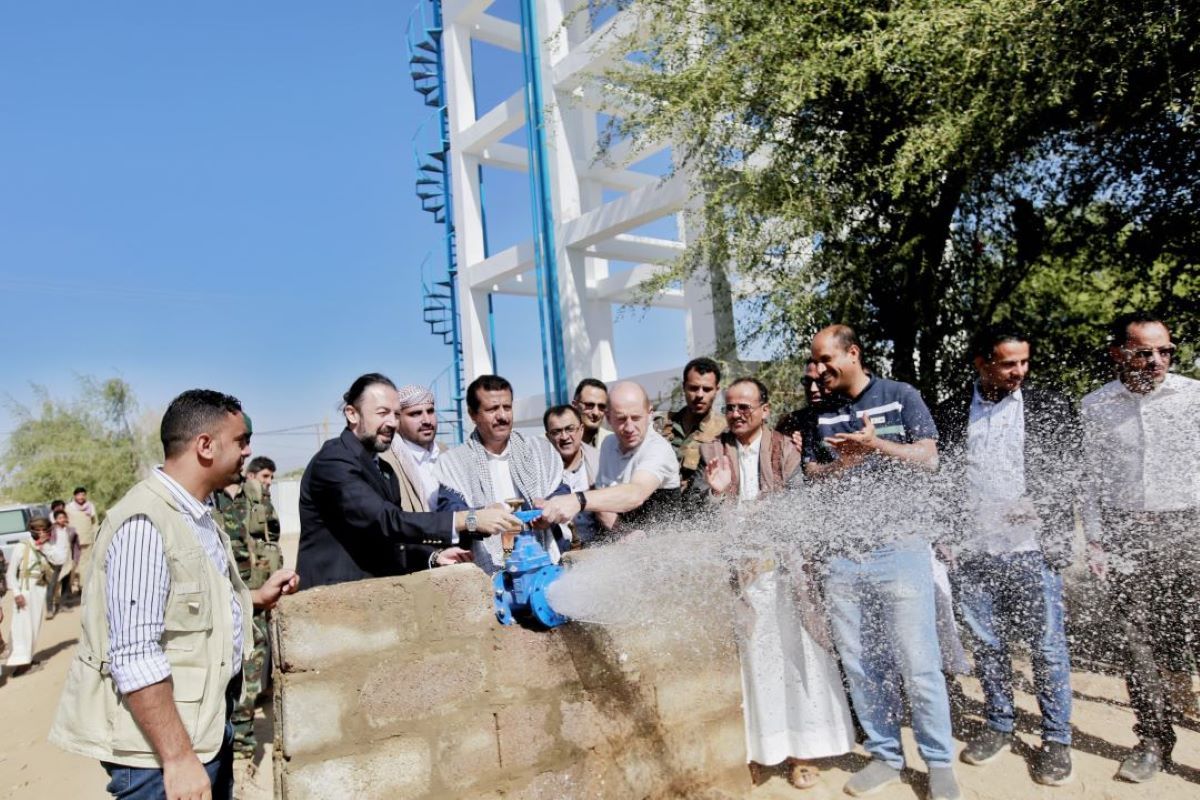
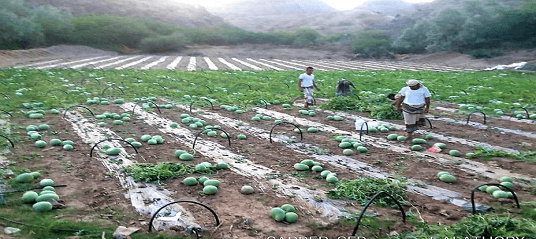
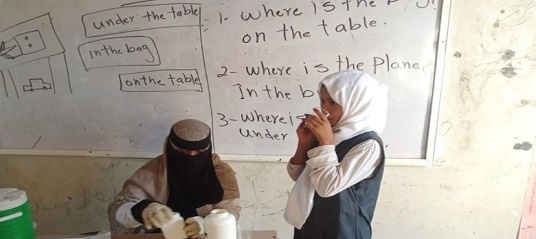
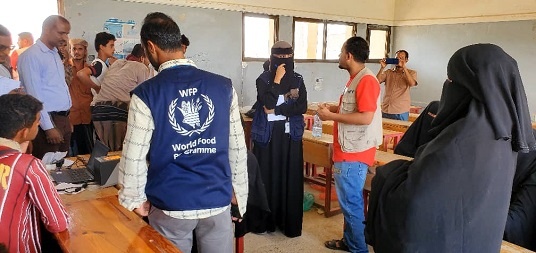
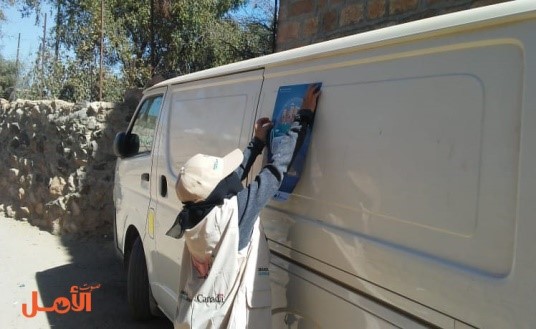
LEAVE A COMMENT